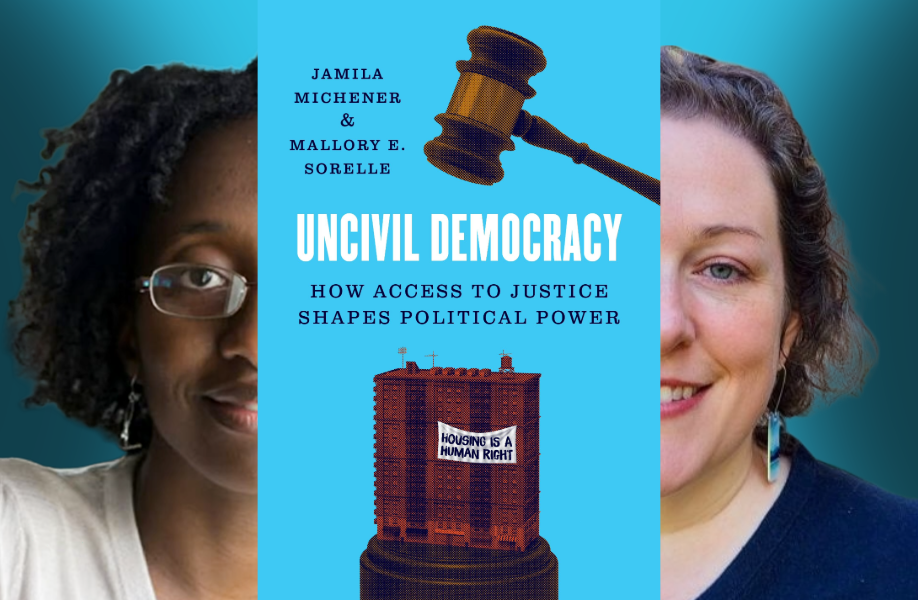Emily Zackin and Chloe Thurston are experts on the US political-economic history of debt relief policy. In their upcoming book The Political Development of American Debt Relief, Zackin and Thurston trace the geographic, sectoral, and racial politics of debt relief over time, examining the roles played by social movements, interest groups, and constitutional interpretation. Throughout the nineteenth century and into the twentieth, indebted farmers engaged in large, vigorous campaigns to demand government protection from their grinding obligations. Their appeals to state legislatures created protective state policies and burst into the national arena, shaping federal bankruptcy law as well. Indebted farmers challenged readings of the Constitution that exalted property rights at the expense of the economically vulnerable and influenced national politics. Yet, by the second half of the twentieth century, large-scale protests for debt relief had become much harder to imagine. This book is about why debt relief was a salient political issue for so long and why it then ceased to be one. It is also about the United States’ constitutional tradition, and the contradictions it embodies.
In their recent Washington Post op-ed, Thurston and Zackin write, "On Friday the Supreme Court ruled that the Biden administration’s plan for student loan debt relief exceeded its statutory authority. In addition to the legal challenges the plan faced, prominent Republicans — who cheered the ruling — have argued that the concept of student debt relief runs counter to our country’s deepest commitments. As Arkansas Gov. Sarah Huckabee Sanders tweeted, for example, we should not require taxpayers to 'pay off $300 billion of other people’s debts … It’s un-American.'
But history reveals that such claims are false. For much of the country’s history, Americans have pressed their governments for relief from debts — and often, legislators granted it. This long tradition suggests that today’s ruling won’t put an end to the debate over debt relief, and the activism associated with it may yet pave the way for new protective policies.
...Many early debt relief laws proved temporary, remaining in force for only a matter of months or years. All of them were partial, offering relief to only certain kinds of debtors. But these short-lived statutes had long-term consequences, as new generations of debtors looked to the last set of relief measures as proof that government could protect them, especially in times of widespread distress.
Historically, that meant even temporary victories facilitated durable changes in law and public policy. If the current fight for student debt relief follows this pattern, it will outlast this ruling, reshape the way we think about relief and pave the way for new protective policies."






